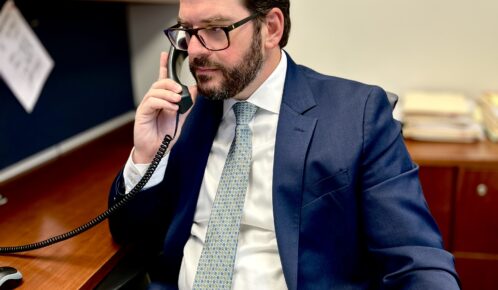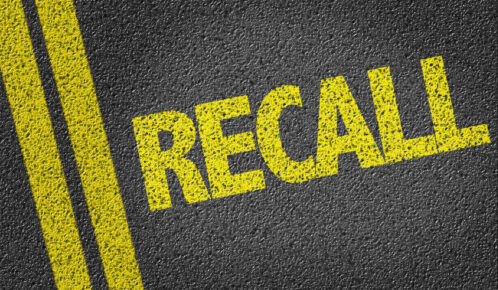Attorney Howard Ankin is expressing his support for a World War II veteran who finally received Social Security disability benefits after a 28-year battle. However, the Chicago attorney says that the veteran’s fight is an extreme version of the same battle many other disabled veterans fight every day.
John Brenan served in the Pacific theater in World War II. He was among the first troops to enter Hiroshima after the city was destroyed by an American atomic bomb. He and his team were tasked with determining whether there were any survivors in the rubble. He says no one warned him and his fellow soldiers that they would be exposing themselves to toxic radiation.
Nearly 40 years later, Brenan was diagnosed with colon cancer and his doctors said the disease was almost certainly caused by his radiation exposure in World War II. In 1986, he applied for disability because he couldn’t work while he battled the disease. That application was rejected because at that time the Department of Veterans Affairs didn’t provide coverage for WWII veterans who had cancer.
Another application in the 1990’s was also rejected. In 2002, the VA changed its coverage for WWII veterans, but Mr. Brenan and his daughter didn’t find out about it until 2010. He applied again, but was once again rejected because the VA classified him with the incorrect type of cancer.
After the 2010 denial, Mr. Brenan and his daughter contacted their congresswoman who helped rectify the situation. On Jan. 24, nearly 28 years after his first application, Mr. Brenan was approved for disability. The 90-year-old said he would use the payments to stay in his home where his daughter could care for him.
There is a list of issues that Mr. Ankin has brought forth into the limelight that plagues the Social Security Administration. Such as, delays in Social Security benefits and fraud. Furthermore, Chicago attorney Howard Ankin said that unclear denials and administrative mistakes are far too common in the Social Security disability system. He said the issue is especially problematic for veterans, who have sacrificed greatly for our country. He supports efforts to improve the system, such as the VA’s new fastrack system to work through backlogs. He hopes the system and other improvements can get benefits to those who need them.



